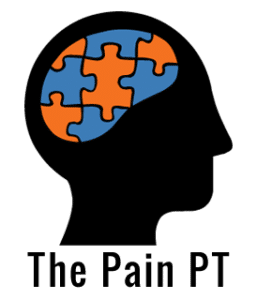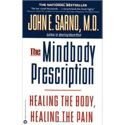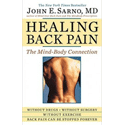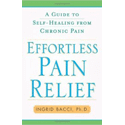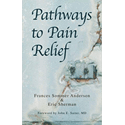What a 20 year study tells us about Anger & bodily symptoms
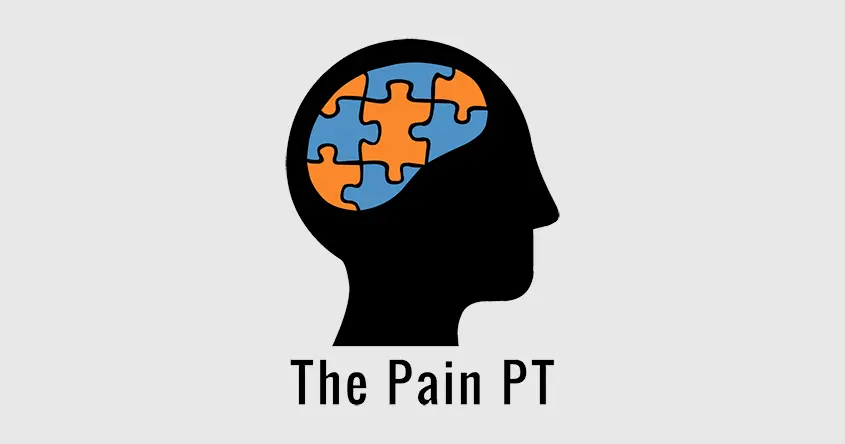
Anger is a primary emotion in all humans. How couples handle it during conflict can influence which health issues we are prone to getting, according to a 20 year study from UC Berkley and Northwestern University. What the researchers found was that those who had regular outbursts of anger were more prone to cardiovascular problems later in life, while those who bottled up their anger (stonewalling) had more musculoskeletal ailments over the ensuing 20 years.
This long term study really shows the power of emotions (in this case anger) and how they can affect our health. “Our findings reveal a new level of precision in how emotions are linked to health, and how our behaviors over time can predict the development of negative health outcomes,” said UC Berkeley psychologist Robert Levenson, senior author of the study.
What’s amazing was that the researchers could predict the health issues early on by looking at the how the person handled anger. “We looked at marital-conflict conversations that lasted just 15 minutes and could predict the development of health problems over 20 years for husbands based on the emotional behaviors that they showed during these 15 minutes,” said study lead author Claudia Haase, an assistant professor of human development and social policy at Northwestern University.
One of the things I want to know and I work on with people is how they deal with conflict. It’s an indicator to me to how the person deals with anger. Many of the people I see are conflict avoidant to some degree and that aligns with holding anger in and subsequent chronic pain or musculoskeletal issues. “Conflict happens in every marriage, but people deal with it in different ways. Some of us explode with anger; some of us shut down,” Haase said. “Our study shows that these different emotional behaviors can predict the development of different health problems in the long run.”
So we want to learn to work with anger in a healthy, constructive way so that it doesn’t impact the body in a negative health-related way. Reach out if you would like to learn more about this or how to work with anger and if it’s impacting your health.
